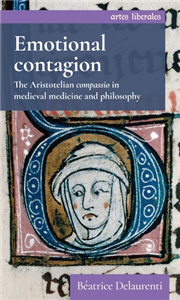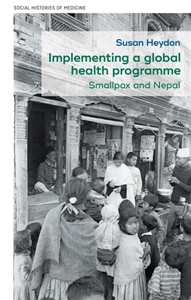Infinity Books
Infinity Books is the publishing division of Infinity Education. We currently publish over 85 titles across a range of subject areas – covering specialised admissions tests, examination techniques, personal statement guides, plus everything else you need to improve your chances of getting on to competitive courses such as medicine and law, as well as into universities such as Oxford and Cambridge. Our books are currently all written by authors who have been through the admissions process and have scored within the top ten per cent of applicants. We have put together fully worked answers to thousands of questions across many subjects, as well as providing hints and tips on essays and time-saving techniques, and an exhaustive collection of past papers. Outside of publishing we also operate a highly successful tuition division, UniAdmissions. This company was founded in 2013 by Dr Rohan Agarwal and Dr David Salt, both Cambridge Medical graduates with several years of tutoring experience. Since then, every year, hundreds of applicants and schools work with us on our programmes. Through the programmes we offer, we deliver expert tuition, exclusive course places, online courses, best-selling textbooks and much more. With a team of over 1,000 Oxbridge tutors and a proven track record, UniAdmissions have quickly become the UK’s number one admissions company. Visit and engage with us at: Books website: www.infinitybooks.co.uk Books Twitter: @infinitybooks7 Programmes website: www.uniadmissions.co.uk
View Rights Portal




























